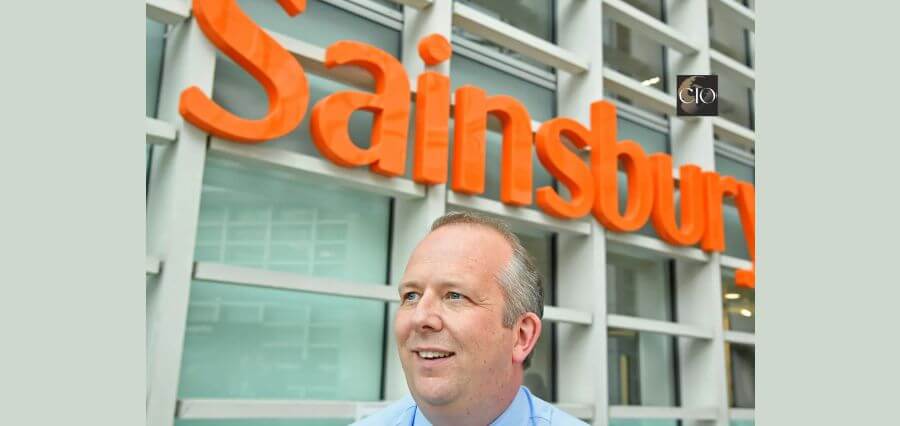Euro 24 Boosts TV Sales at Argos but Clothing, Paddling Pools, and Garden Furniture Sales Drop
Sainsbury’s has reported a slowdown in sales growth recently as food inflation eases and consumers shop “more cautiously” due to poor weather and the ongoing cost of living crisis. Sales at established stores rose by 3% in the three months to June 22, compared to a 4.8% increase in the previous quarter, excluding fuel and the impact of the closure of the group’s Irish Argos stores.
At Argos, sales dropped by 6.2% in the quarter, worsening from a 4.7% decline in the previous three months. Despite selling 25% more TVs than the previous year, as sports fans prepared to watch the men’s Euro 2024 football tournament, the retailer faced a challenging environment. The decline in sales was attributed to an “unseasonal start to summer,” with cold and wet weather affecting sales of summer goods like paddling pools and garden furniture, which performed well during last year’s hot start to the summer.
Electronics sales were also weaker amid softer demand, particularly for games, in what the company described as “a tough trading backdrop.” The retailer noted that consumers continue to shop general merchandise more cautiously, although they responded positively to offered discounts.
Sainsbury’s CEO, Simon Roberts, commented on consumers’ cautious spending habits: “This caution is not surprising given everything households have been through during the cost of living crisis. Until we see sequential interest rate cuts, hopefully as soon as possible, that caution from consumers is going to continue on those more discretionary items.”
Despite the challenges, Sainsbury’s reported that shoppers continued to buy more food items compared to the previous year. However, grocery sales growth slowed to 4.8% from 7.3% in the previous quarter as market-wide inflation eased. Roberts highlighted the group’s market share gains, noting that more people are choosing its supermarkets for their big weekly shop. “Our food business is going from strength to strength,” he added.
Sainsbury’s online sales proved particularly popular, accounting for 14% of sales during the period, up 1 percentage point from last year’s average. Additionally, there was an 80% increase in demand for its rapid delivery service.
Analysts noted that Sainsbury’s growth aligned with expectations, as households continue to struggle with higher bills, including energy, mortgages, and rent. William Woods at Bernstein commented, “Given the unfavorable weather in the UK, a weak performance in clothing was expected, especially as Sainsbury’s focuses more on assortment and less promotion.”
Sophie Lund-Yates, the lead equity analyst at Hargreaves Lansdown, remarked, “As inflation cools, the weather worsens, and tough comparisons crop up, achieving the growth seen last year was always a difficult task. However, there is a lingering Sainsbury’s-specific issue in its ownership of Argos. Electronics aren’t faring well in this economic climate as people prioritize the essentials.”
On Tuesday morning, Sainsbury’s shares were down nearly 3%, making it the biggest faller on the FTSE 100.







